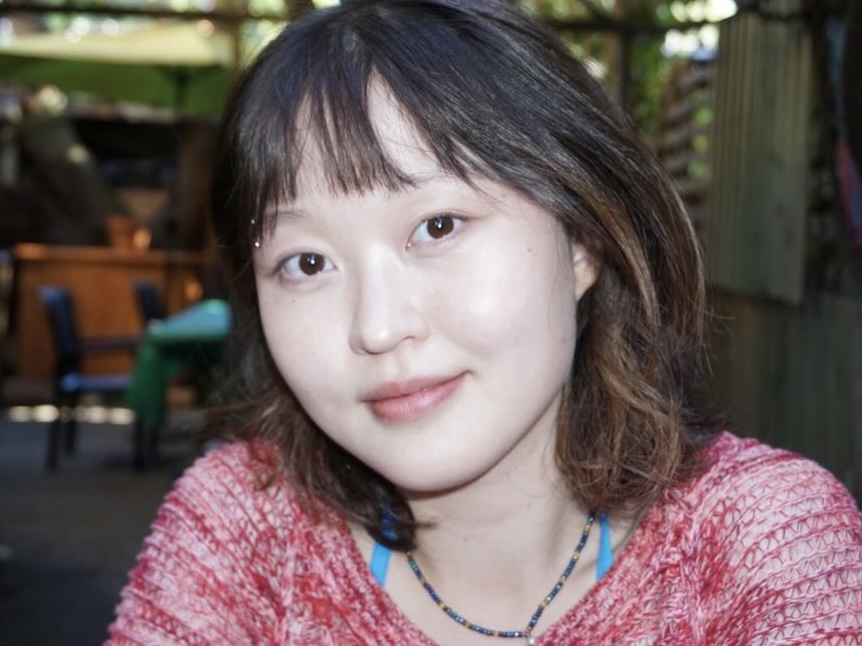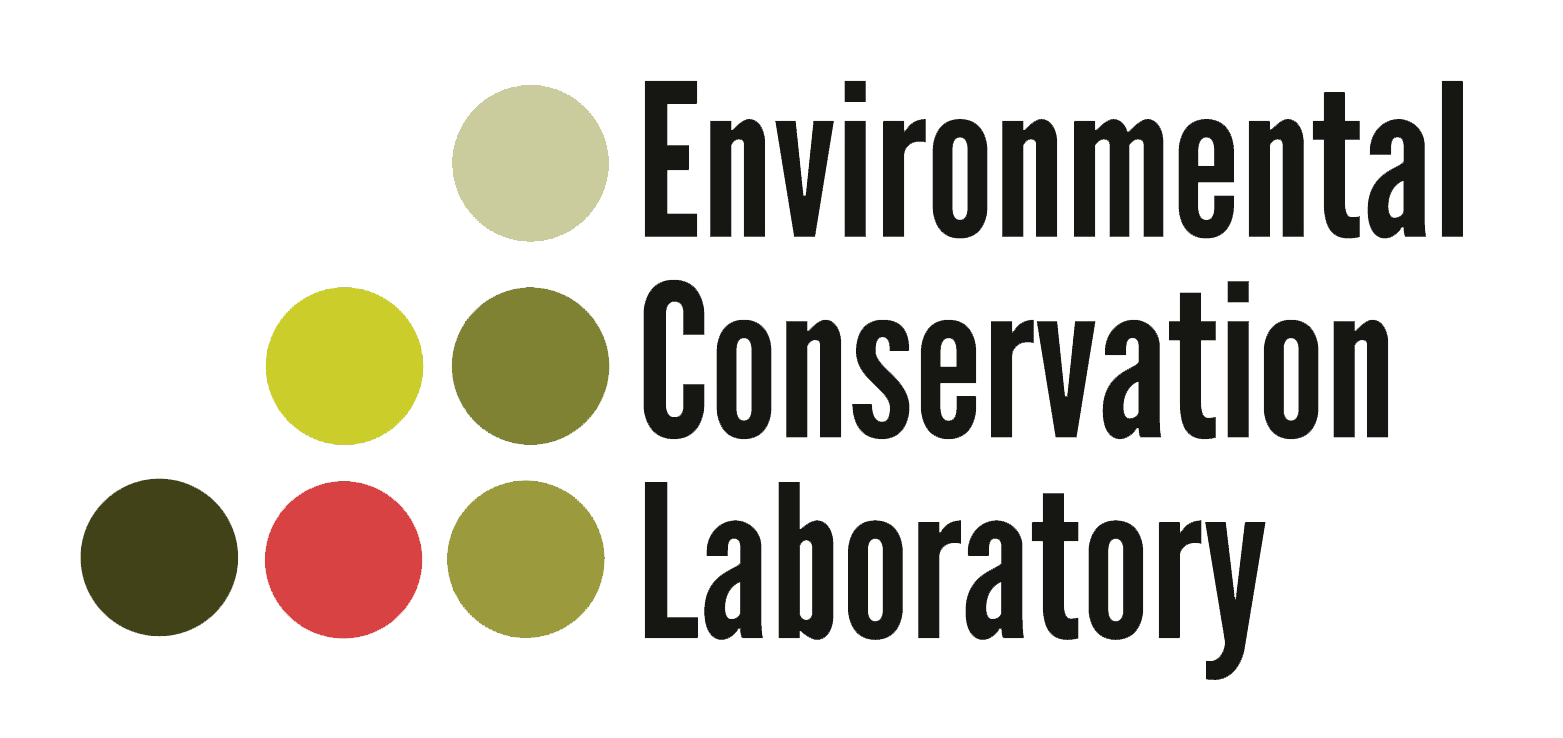Team Profiles
Dr. Stéphane (Steph) McLachlan, Professor
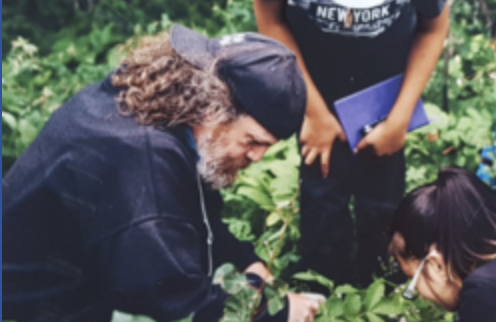
Dr. McLachlan is a full professor and coordinator of the Environmental Conservation Lab at the University of Manitoba. He joined the Department of Environment and Geography in 2003, and has been working at the University of Manitoba since 1999. Before that he completed a PhD at York University and did a post-doctoral fellowship at the University of Northern British Columbia.
Dr. McLachlan’s overall goal as an academic is to engage in research that at once makes contributions to the academic literature and benefits the livelihoods and environments of Indigenous and rural communities and other stakeholders; to be an engaging, progressive, and responsible teacher; and to be of meaningful service to the university and society as a whole.
Currently his research interests include: risk and adaptation, alternative food systems, food justice, environmental justice, environmental health, energy justice, participatory video, participatory research, conservation and restoration, and traditional knowledge.
Academic Background
PDF, University of Victoria / UNBC (1998) – Environmental wellbeing
PhD, York University (1997) – Biology (restoration ecology)
MSc, University of Guelph (1993) – Agriculture (agroecology, crop-weed competition)
B.Sc.,(hon) McMaster University (1990) – Biology (wildlife, environmental newspaper)
Contact: steph.mclachlan@umanitoba.ca
Kelly Janz
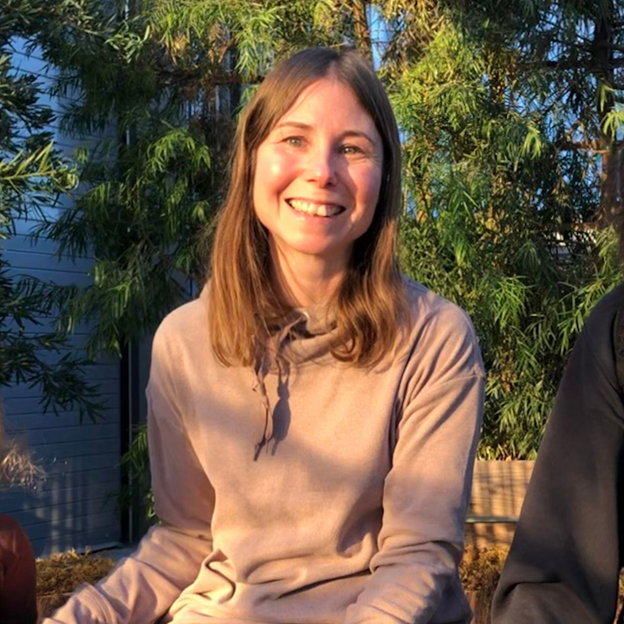
Kelly is a Research Associate at the University of Manitoba, coordinating a number of grants and projects within the Environmental Conservation Lab. Her work involves communications, outreach, finance, research, grant writing, event planning, mentorship, and evaluation. For the past nine years she has coordinated the Wa Ni Ska Tan Alliance of Hydro-Impacted Communities, working with Indigenous partners, NGOs, and researchers to document the impacts of hydropower on the environment and communities.
Kelly has a MSc in Planning from the University of Guelph and a MA in International Development Studies from the University of Winnipeg. She has a long history working towards food security, food sovereignty and community development and just completed three full terms on the board of the Winnipeg Food Council
Kelly loves to cook, bake, read, and spin, though lately these all have taken a backseat as she tries to keep up with her toddler.
Michael Tyas
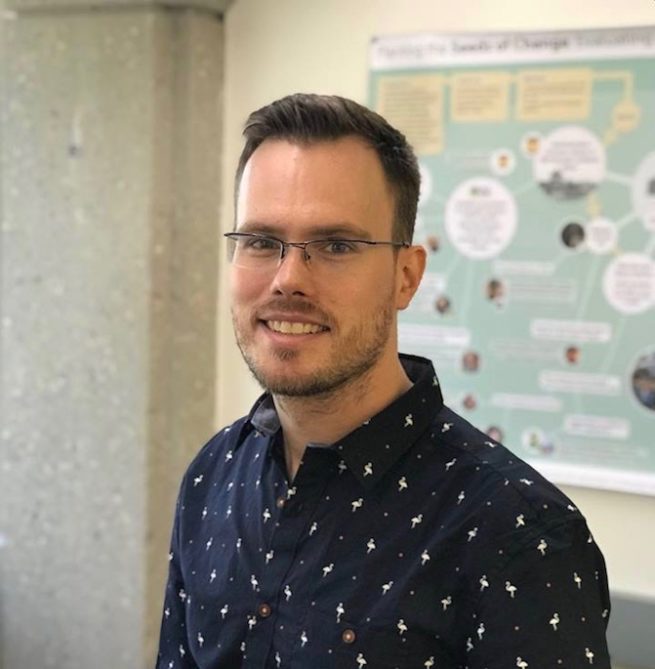
Michael is a senior videographer and jack-of-all-trades at the Environmental Conservation Lab. He co-directed and filmed the feature-length documentary One River, Many Relations (2014) about Fort Chipewyan, a community downstream from the Alberta oil sands and the B.C. Bennet Dam. The film explores entirely from a grassroots community perspective the impacts of industry and energy production on their territory. – Fun Fact: Michael learned video production skills in Cape Town, South Africa.
Patricia Karácsony
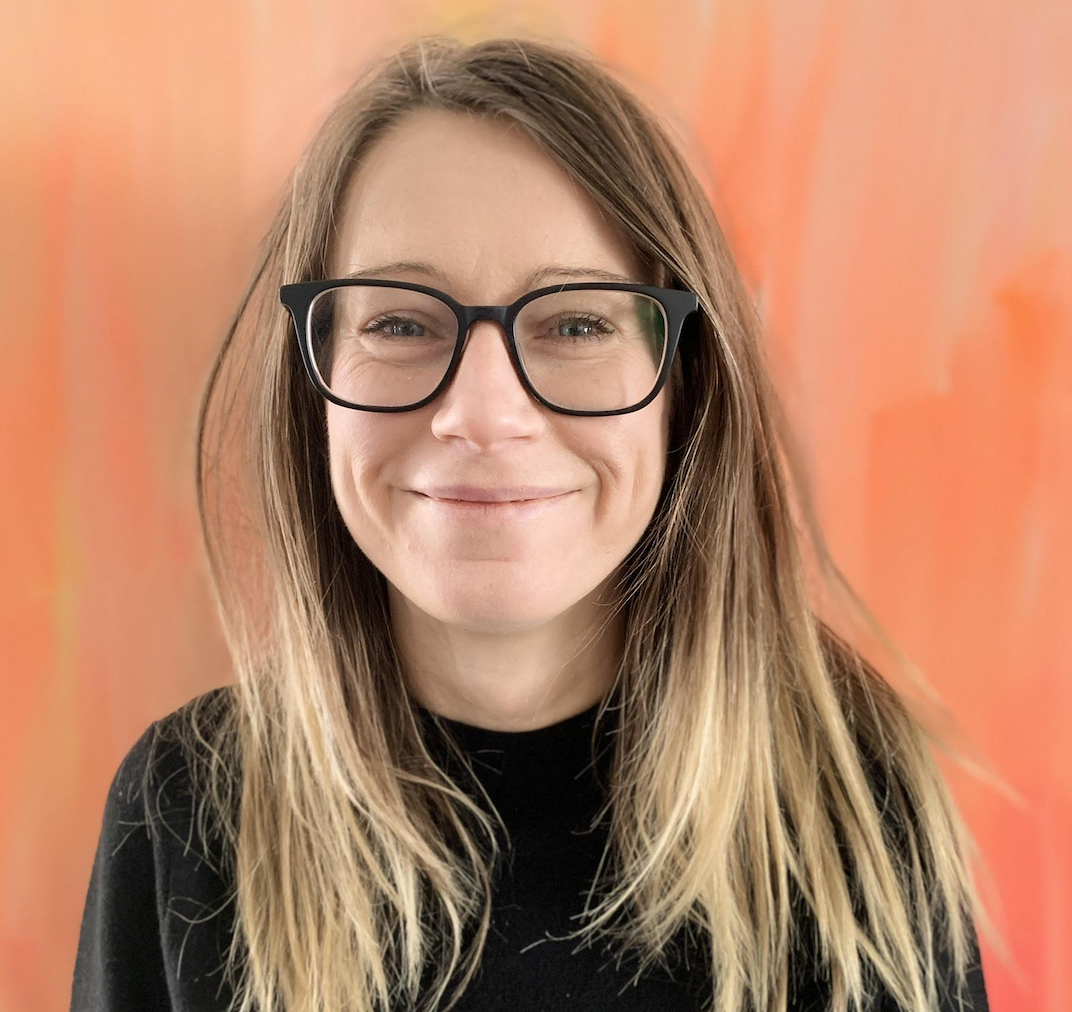
Patricia is a key player in communications and stakeholder engagement at the Environmental Conservation Lab. Her primary role centers on the Our Data Indigenous initiative, where she is dedicated to enhancing the global presence of the digital tool and expanding its user base.
Patricia is also pursuing a Master’s degree in Business and the Environment at the University of Waterloo. Her graduate studies focus on Environmental, Social, and Governance (ESG) planning, equipping her with the knowledge and skills to integrate sustainable practices into business strategies. Through her academic and professional efforts, Patricia aims to drive meaningful change and promote sustainable development within both the academic and non-profit sectors.
Outside of work, Patricia enjoys various physical activities, including biking, running, walking, yoga, and jujitsu.
Yiseul Kang
